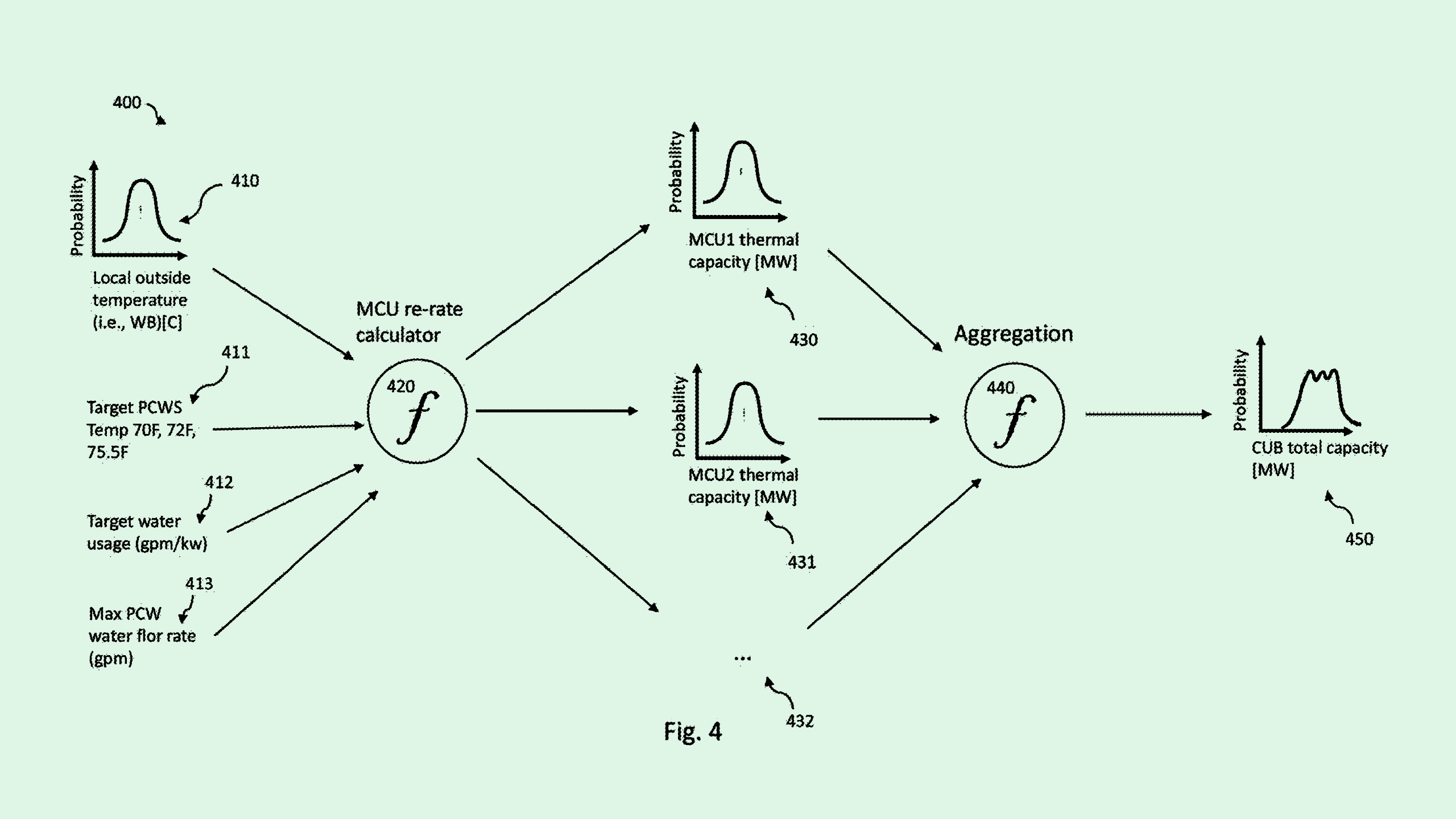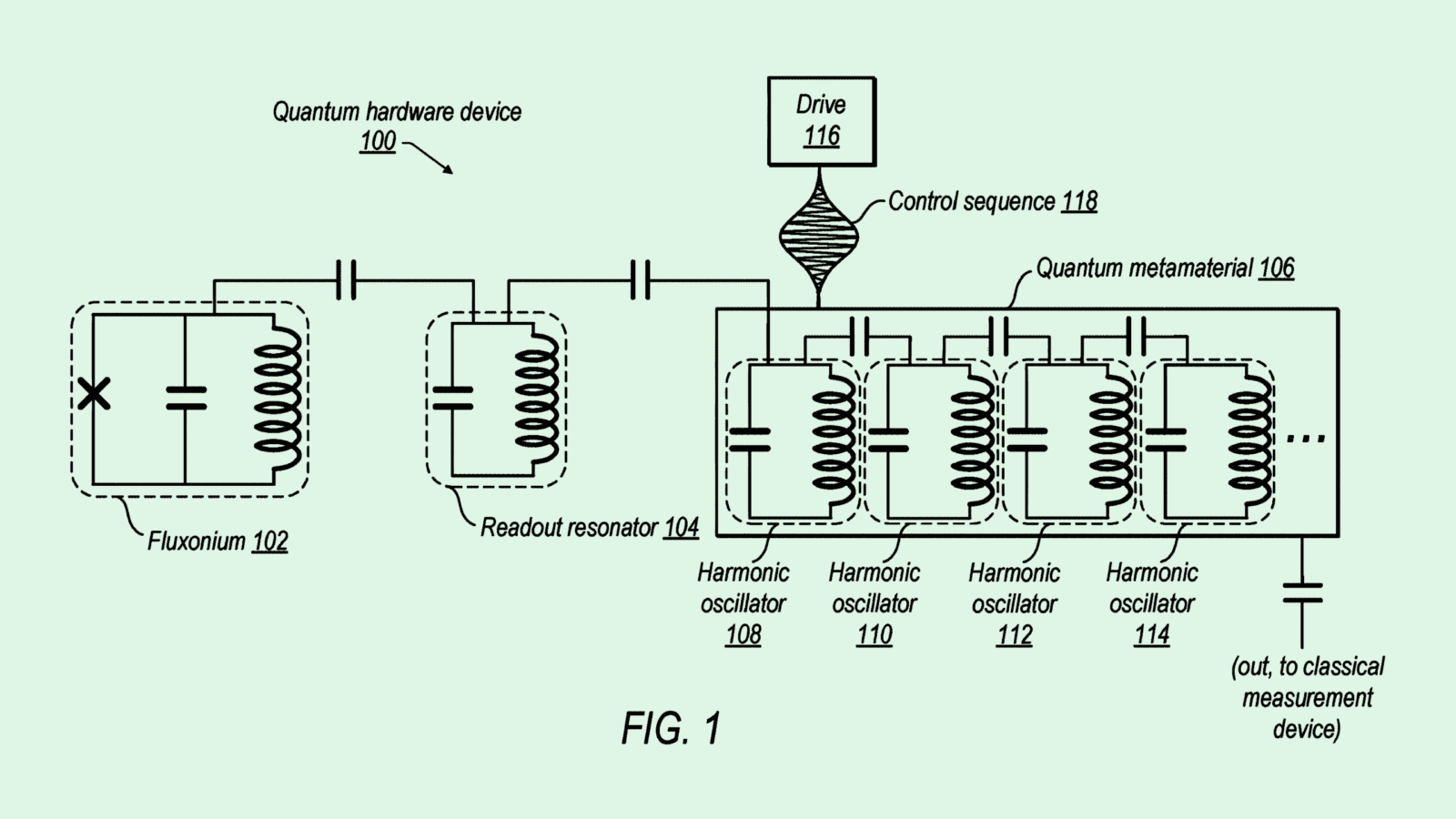Google Wants to Keep Data Centers Cool Amid AI Cloud Boom
Finding ways to efficiently keep server farms cool benefits more than just Google’s cloud services business.

Sign up for smart news, insights, and analysis on the biggest financial stories of the day.
Data center cooling isn’t one-size-fits-all. Google may have a more individualized solution.
The company filed a patent application for “accurate estimation of data center cooling capacity.” This tech takes into account a number of factors that are unique to each data center to measure cooling capacity in a smarter and more effective way.
For example, Google’s innovation would consider geography and historical weather patterns around the data center, which “allows for proactive adjustments to the cooling system based on how the local temperature will likely change over time,” the filing notes.
It may also weigh the quality of the infrastructure itself; the mechanical, electrical, and plumbing demands of the building that the data center is housed in; and whether or not there are redundant cooling units available for peak demand times.
All of these factors are used to calculate two metrics: the actual cooling potential under current conditions, and the maximum deployable cooling capacity. This information is used to update the “performance rating” of a data center’s cooling systems, as well as create and refresh a predictive cooling model, which estimates the behavior of the system year round.
The tech would help with real-time cooling management based on local and personalized needs, sustainability and efficiency planning and optimization of resource usage.
With the AI race showing no signs of stopping, it makes sense that Google is finding ways to efficiently cool its data centers. Cloud services firms have seen explosive growth as demand for computing power continues to skyrocket.
Growth for Google’s cloud business in particular outpaced its biggest rivals in the most recent quarter, growing 35% to Microsoft Azure’s 33% and Amazon Web Services’ 19%. While the other two still eat up the majority of cloud services market share, Google held around 13% of the market in the third quarter, up from 11% during the same period last year, according to CRN.
Google has also attracted a number of major partnerships for its cloud services in recent months, including a $100 million contract with KPMG for enterprise AI services.
Finding ways to efficiently keep server farms cool benefits more than just Google’s cloud services business. The company set an ambitious goal of making its data centers carbon-free by 2030, but AI demand has caused an uptick in emissions from both the company and its rivals.
Tech like this, along with similar innovations from fellow tech giants, could help make a dent in carbon emissions goals as AI grapples with its massive energy-consumption problem.











